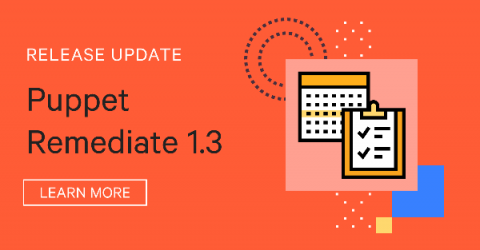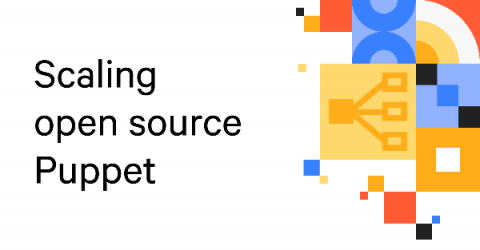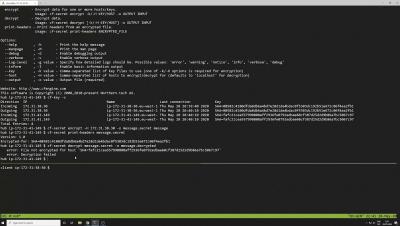Updated Puppet GPG signing key, 2020 edition
Editor's note: This change to the GPG signing key affects both Puppet Enterprise users and open source Puppet users. If you're using Puppet Enterprise, you'll be getting the new key in an upcoming release, or if you manually update your version of puppet-agent, you'll get it then. Thanks to Morgan Rhodes (@KnittyNerd) for all the technical details for this blog post.











